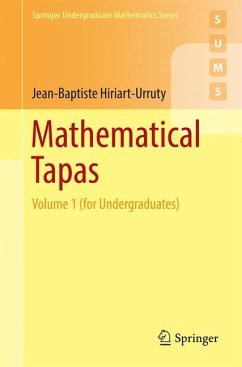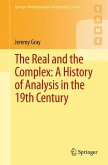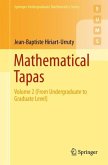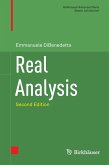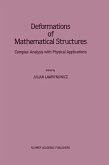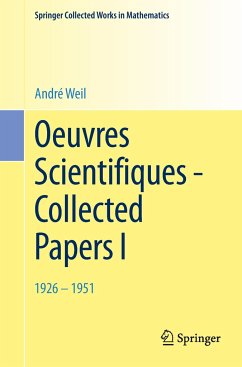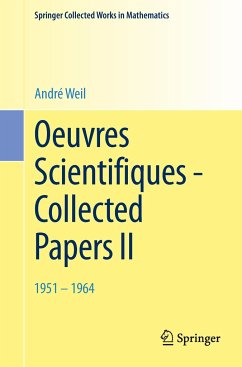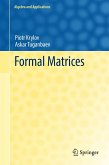This book contains a collection of exercises (called "tapas") at undergraduate level, mainly from the fields of real analysis, calculus, matrices, convexity, and optimization.
Most of the problems presented here are non-standard and some require broad knowledge of different mathematical subjects in order to be solved. The author provides some hints and (partial) answers and also puts these carefully chosen exercises into context, presents information on their origins, and comments on possible extensions. With stars marking the levels of difficulty, these tapas show or prove something interesting, challenge the reader to solve and learn, and may have surprising results.
This first volume of Mathematical Tapas will appeal to mathematicians, motivated undergraduate students from science-based areas, and those generally interested in mathematics.
Most of the problems presented here are non-standard and some require broad knowledge of different mathematical subjects in order to be solved. The author provides some hints and (partial) answers and also puts these carefully chosen exercises into context, presents information on their origins, and comments on possible extensions. With stars marking the levels of difficulty, these tapas show or prove something interesting, challenge the reader to solve and learn, and may have surprising results.
This first volume of Mathematical Tapas will appeal to mathematicians, motivated undergraduate students from science-based areas, and those generally interested in mathematics.
"This volume includes a collection of exercises (called 'tapas') at undergraduate level, mainly from the fields of real analysis, calculus, matrices, convexity, and optimization. ... This volume is mainly addressed to mathematicians, motivated undergraduate students from science-based areas, as well as to researchers interested in nice subjects of mathematics." (Teodora-Liliana Radulescu, zbMATH 1375.00010, 2018)

